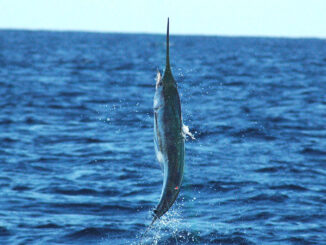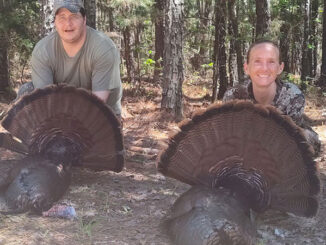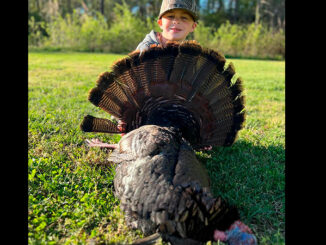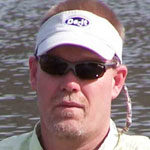
When to harvest does is a hot topic among deer hunters. Some believe they should hold off until after the rut, because taking a doe before that time could cost a hunter a shot at a buck somewhere hiding in the wings.
Regulations in the Carolinas don’t allow does to be harvested until that fawns are weaned. Based on past research of birth and fetal development, that date usually falls in mid-September.
It’s also more tempting to shoot does late in the season when hunters are not seeing many bucks and the “need something for the freezer” mentality takes over.
Biologist Charles Ruth of the S.C. Department of Natural Resources said waiting may not be the best practice.
“From a management standpoint, harvesting does early is key,” he said. “Why not remove those does early in the season when they are more visible? If you leave them out there another four to eight weeks, they are eating food that could have gone toward growing other deer as well as causing bucks to expend more energy courting and breeding them — plus it’s much easier to distinguish mature does from button bucks earlier in the season.”
The Quality Deer Management Association also suggests early doe harvest over waiting until late in the season when does may have already been bred.
“Harvesting does also helps to reduce the breeding cycle, keeping does from breeding on secondary ruts and resulting in late-born fawns,” said QDMA’s Joe Hamilton. “This is a less-than-ideal situation for late fawns. They are forced to survive after the following spring browse is diminished and results in malnourishment. This is often seen in more spike bucks the following season.”
Rather than killing does late in the season as an afterthought, Ruth recommends having a doe-harvest goal in mind before the season starts. He suggests meeting this goal early before hunting pressure and other factors cause deer to become scarce.





Be the first to comment